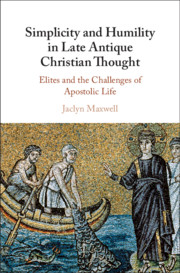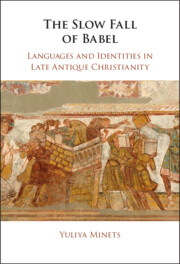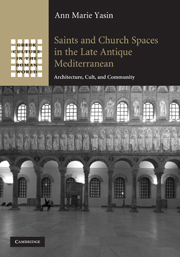Simplicity and Humility in Late Antique Christian Thought
The social values of upper-class Christians in Late Antiquity often contrasted with the modest backgrounds of their religion's founders – the apostles – and the virtues they exemplified. Drawing on examples from the Cappadocian Fathers, John Chrysostom, and other late antique authors, this book examines attitudes toward the apostles' status as manual workers and their virtues of simplicity and humility. Due to the strong connection between these traits and low socioeconomic status, late antique bishops often allowed their own high standing to influence how they understood these matters. The virtues of simplicity and humility had been a natural fit for tentmakers and fishermen, but posed a significant challenge to Christians born into the elite and trained in prestigious schools. This volume examines the socioeconomic implications of Christianity in the Roman Empire by considering how the first wave of powerful, upper-class church leaders interpreted the socially radical elements of their religion.
- Focuses on the development of the important Christian virtues of simplicity and humility
- Emphasizes the importance of social and cultural context when studying Christian ideas
- Explores how upper-class Christian authors in Late Antiquity made sense of their socioeconomic standing in contrast with that of the apostles
Reviews & endorsements
'Maxwell's book draws attention to many interesting texts and developments and provides insightful interpretations, which makes it an enjoyable and fruitful read. Maxwell interprets a wide variety of texts from different genres and contexts and makes useful and interesting observations.' Florian Zacher, Bryn Mawr Classical Review
Product details
No date availableAdobe eBook Reader
9781108936323
0 pages
Table of Contents
- Introduction
- 1. Roman and Christian attitudes toward social and economic divisions (first–third centuries CE)
- 2. Christian attitudes toward social and economic divisions in Late Antiquity
- 3. Tentmakers and fishermen: the apostles' social status in Late Antiquity
- 4. Apostolic simplicity and elite education in Late Antique theological controversies
- 5. The virtue of humility in Late Antiquity
- Conclusions.









